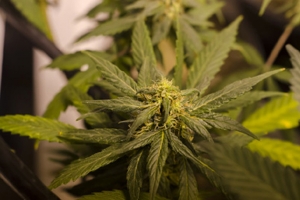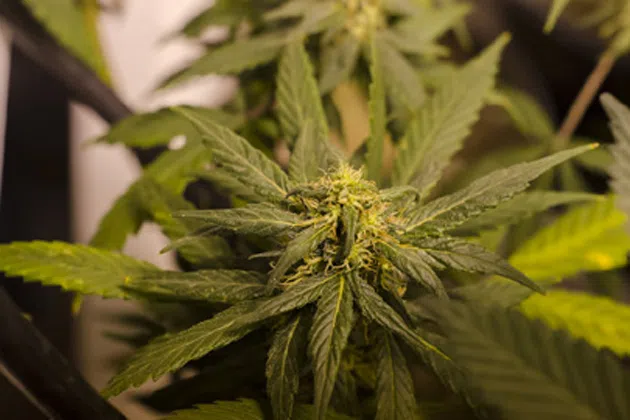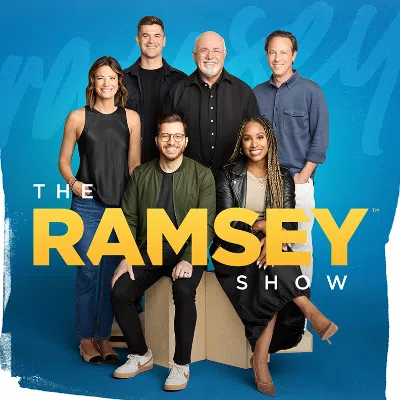
By Illinois Radio Network
SPRINGFIELD – There wasn’t much of a line Monday midday at the recreational cannabis dispensary in Springfield, despite some Chicago-area dispensaries that closed amid labor and product shortages. This after the state announced more than $10.8 million in sales from more than 271,000 transactions in the first five days cannabis has been legal in Illinois.
Some cannabis retailers in Chicago paused recreational sales on Monday, but planned to resume sales Tuesday.
CannaBiz Executive Director Pamela Althoff said some stores had to close Monday because employees had worked ten-plus hour days since Jan. 1 and needed rest.
“This is a highly-regulated industry,” Althoff said. “Every employee hired within the dispensary industry has a background check run on them. And what happened is many individuals passed the background check, but were not yet issued the badge that is required for them to wear on the floor of a dispensary to conduct retail sales.”
Another reason Althoff said was a lack of supply for a product that takes time to grow and harvest.
“Cannabis is a crop and the industry did not obtain it’s first license to grow recreational cannabis until August of 2019,” Althoff said, noting cannabis takes up to 16 weeks to grow plus additional time to dry and package. “We had a very short, kind of truncated period of time in which to produce the large amounts of flowers that were required to meet the demand of the industry as well as maintain our 30-day inventory for our top priority, which is always our medical patients.”
While some areas reported long lines, purchase limits and wait times, Althoff said she expected the supply to meet the demand over the next few months.
“I would think that by April, May, the industry will be caught up and will be well prepared to meet the demand of the residents of Illinois,” Althoff said.
The state could announce up to 75 new dispensaries throughout the state in May. State officials have said a mature cannabis market could cap out at 500 dispensaries, but that’s after a continued phase-in of the state-regulated industry.
There wasn’t much of a line midday Monday at the Illinois Supply and Provisions’ recreational cannabis dispensary in Springfield.
Randy Twyford, owner of Twyford Barbecue and Catering in Springfield, waited in the Springfield line on Jan. 1, but ducked out after waiting for more than an hour in the cold. He went back the following day and only waited for about 30 minutes.
“I have never smoked weed, still haven’t,” Twyford said. “But I thought you might as well legalize it and tax the heck out of it because somebody else is going to, so I was a big supporter of that.”
And while at 58-years-old said he had never smoked marijuana, he bought some cannabis flower, he just hasn’t consumed it that way yet. He has consumed edibles, as has his wife. On a return trip Monday, he bought more cannabis-infused gummies that have helped his wife.
“It’s been a massive turnaround for her with rheumatoid arthritis,” Twyford said. “After she took some of the edibles, she has no soreness and everything and it went over the second day and if that’s the case, I’m fine with it.”
Rheumatoid arthritis is on the list of approved conditions for the state’s medical cannabis program. Once becoming a licensed cannabis patient in Illinois, a consumer would only be subject to the sales tax. Recreational cannabis growers pay a cultivation privilege tax of 7 percent. In retail, consumers pay the state sales tax, plus an excise tax of up to 20 percent. Come July 1 local governments that have approved a sales tax can tack on up to 3 percent more.
As to the high taxes on recreational cannabis, Twyford said he’s fine paying them.
“It’s reassuring to me to see how much sales tax is on it, now as long as down the street here [at the state capitol and city hall] they make sure it goes to the right places that’s fine, but you know they are taxing the heck out of it which is fine, as far as I’m concerned.”
The taxes are distributed to different state funds. The state’s General Revenue Fund gets 35 percent. The Recover, Reinvest and Renew Program, designed to invest in community nonprofit groups, gets 25 percent. Programs addressing preventive substance abuse and mental health services will get 20 percent of the state’s cannabis revenue. Ten percent goes to the state’s multi-billion dollar backlog of unpaid bills. Eight percent of the state’s cannabis revenue goes to law enforcement through the Local Government Distributive Fund and two percent goes to public education and safety campaigns.
If they’ve approved the local sales tax, local governments dictate how that money will be spent. In Springfield, for example, some of the money will go to local police and fire pension funds.
Twyford noticed something the three times he’s waited in the line to buy recreational cannabis.
“It’s funny to be in line because you think they’re a bunch of stoners, or street people or whatever, and it’s all your neighbors,” Twyford said. “That’s the kind of ‘wow thing’ and it becomes a community.”
Illinois Department of Financial and Professional Regulation announced that statewide recreational cannabis sales totaled $10,830,667.91 from 271,169 transactions from Jan. 1 to Jan. 5.
Illinois Radio Network can be reached at News@WJBC.com.





